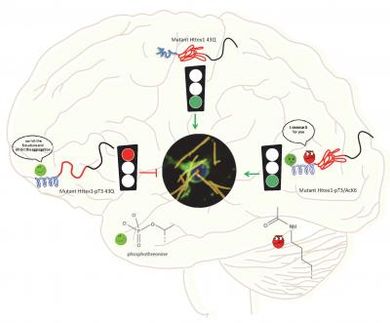Raptor Pharmaceutical Announces Phase 2a NASH Study Meets Primary Endpoints
Advertisement
Raptor Pharmaceutical Corp. announced positive Phase 2a clinical trial results from its pilot study of delayed-release cysteamine bitartrate in 11 adolescent patients with non-alcoholic steatohepatitis ("NASH"), a progressive form of liver disease believed to affect 5% to 11% of the U.S. population. The results were presented at the Digestive Disease Week 2010 conference in New Orleans, LA on May 2, 2010.
The open-label Phase 2a clinical trial was conducted under a collaboration agreement between Raptor and the University of California, San Diego at UC San Diego's General Clinical Research Center. Eligible patients with baseline levels of the liver enzymes alanine transaminase ("ALT") and aspartate aminotransferase ("AST") that were at least twice normal levels were enrolled to receive twice-daily, escalating oral doses of up to 1,000 mg of delayed-release cysteamine bitartrate (a prototype of Raptor's DR Cysteamine) for six months, followed by a six-month post-treatment monitoring period.
Patients showed a marked decline in ALT levels during the treatment period with 7 of 11 patients achieving a greater than 50% reduction and 6 of 11 reduced to within normal range. AST levels also saw significant improvements with patients averaging 41% reduction by the end of the treatment phase. The reduction in liver enzymes was largely sustained during the 6 month post-treatment monitoring phase. Other important liver function markers showed positive trends. Levels of cytokeratin 18, a potential marker of disease activity in
Non-alcoholic Fatty Liver Disease ("NAFLD"), decreased by an average of 45%. Adiponectin levels increased by an average of 35% during the treatment period. Reduced adiponectin levels are thought to be a marker of the pathogenesis and progression of NASH. Body Mass Index ("BMI") did not change significantly during both the treatment and post-treatment phases. Delayed-release cysteamine bitartrate demonstrated a strong, favorable safety profile, with mean gastrointestinal symptom scores of 1.1 at baseline and 0.7 after 6 months of treatment using a rating system in which the maximum score of 14 indicates most severe gastrointestinal symptoms.
Under a license with UC San Diego, Raptor is developing DR Cysteamine for cystinosis, NASH, Huntington's Disease and other potential therapeutic indications. Cysteamine is known to be a scavenger of reactive oxygen species and potent antioxidant, most likely through its ability to increase intracellular glutathione levels.























































